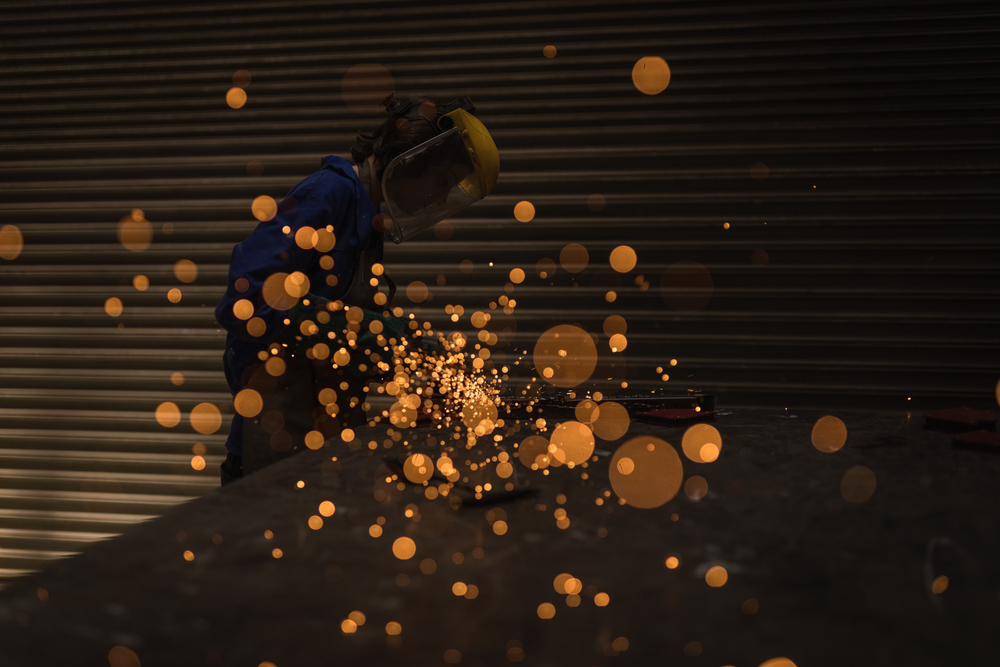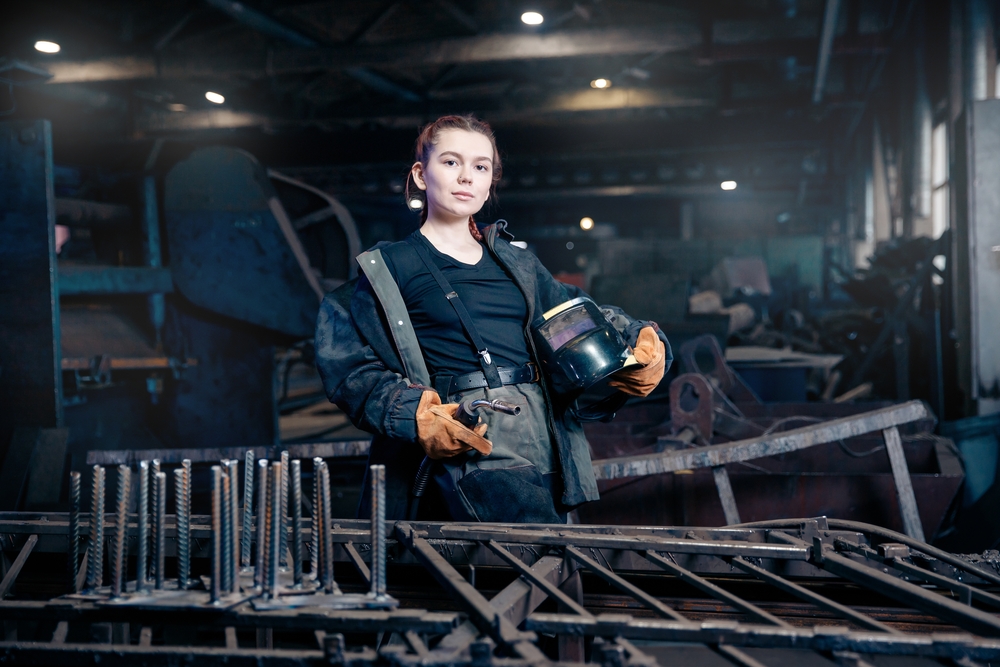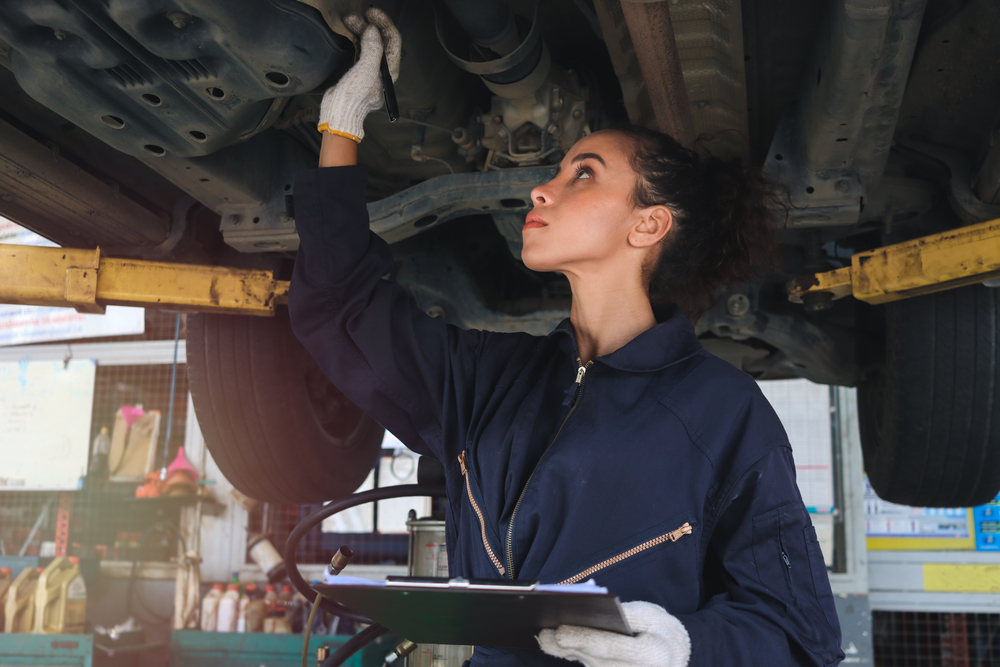
The most recent Construction Skills Network (CSN) report forecasts that the construction industry may need an additional 225,000 workers by 2027. Welding alone faces a shortage of workers as 36,000 new jobs are expected to be created, with many welders retiring by 2027.
Attracting a diverse range of talent to the industry could help to fill this gap, and according to research from the Office for National Statistics (ONS), only 15% of workers in the sector are female. Here we’ll look at how incentivising more women to join the welding sector could help bridge the gap in skills and reduce the shortage.

How can more diverse candidates be attracted to welding?
A considerable number of opportunities are opening within the world of construction, with an annual shortfall of engineers in the UK coming to around 59,000. This means plenty of roles are available, and with the need to fill these roles becoming more crucial as projects are scheduled and workload mounts up, candidates might be attracted to the salary offered.
Offering more education around what welding entails as a position could encourage more interest from more people, showing women that they could comfortably fit themselves into these hands-on roles. An idea that might be stuck in the heads of potential candidates is that the job is dangerous or that there’s no room to be creative.
This is not the case, as there have been significant advancements in safety in welding over the years, and there’s plenty to read on the legislation in place to protect workers. Similarly, from a creative side, there are plenty of metalworking projects that require

What can women bring to the industry?
Bringing a fresh perspective to an established industry can help create and execute new innovative and creative ideas. This is an exciting idea, as a female perspective can bring a different outlook to workflows and processes.
One example is that women have better hand stability than men, with fluctuations being 1.3 times more in men.
Research from the Theoretical Biology and Medical Modelling journal has found that women have an 8 – 15% lower longitudinal centre of gravity compared to men. Many welding jobs require you to keep your posture strong and stay balanced, and the lower centre of gravity would be beneficial to get those jobs done in fewer sittings than a man doing them might.
Challenges to overcome
Introducing more diverse, talented candidates qualified for the roles is crucial to the industry’s flourishing; however, it comes with challenges. One focus will be to tackle the issues around the industry being so male-centric, particularly with how women are treated on sites and in workplaces.
In fact, a report by On The Tools found that 78% of women in trade in the UK have faced some form of discrimination ranging from harassment to negative comments. However, there is an upside. More than 75% of women said they were satisfied or extremely satisfied with their careers.
Another challenge is the pay gap between genders. The report also found that women in trade are paid only 72% of what men receive, with only 29.75% of tradeswomen believing they were paid the same as their male colleagues. But this could change with the demand needing to be met, as mentioned earlier, so we could see these salary disparities level out.
Sources
https://www.statista.com/statistics/1023964/employment-in-the-uk-construction-industry-by-gender/
https://theweldinginstitute.com/insights/8737710
https://www.twi-global.com/technical-knowledge/faqs/faq-health-and-safety-in-welding
https://free2learn.org.uk/weld-like-a-girl-welding-is-not-just-a-mans-career/
https://www.onthetools.tv/sign-up-for-women-ott-white-paper/
im not sure on the link to the page would it maybe be better linking to this page talking about the fact its a world first i know its a news article but its about laser and is creative i guess? https://www.welding-alloys.com/news/hydropower/wire-laser-additive-manufactured-pelton-bucket/
Agree. This page is sad.
is this a bit condescending maybe
Not sure this applies in my case, but yes its a very definitive statement that women are not aware of this fact. This way the sentence still works: Women also have several advantages that could allow them to flourish in welding.
